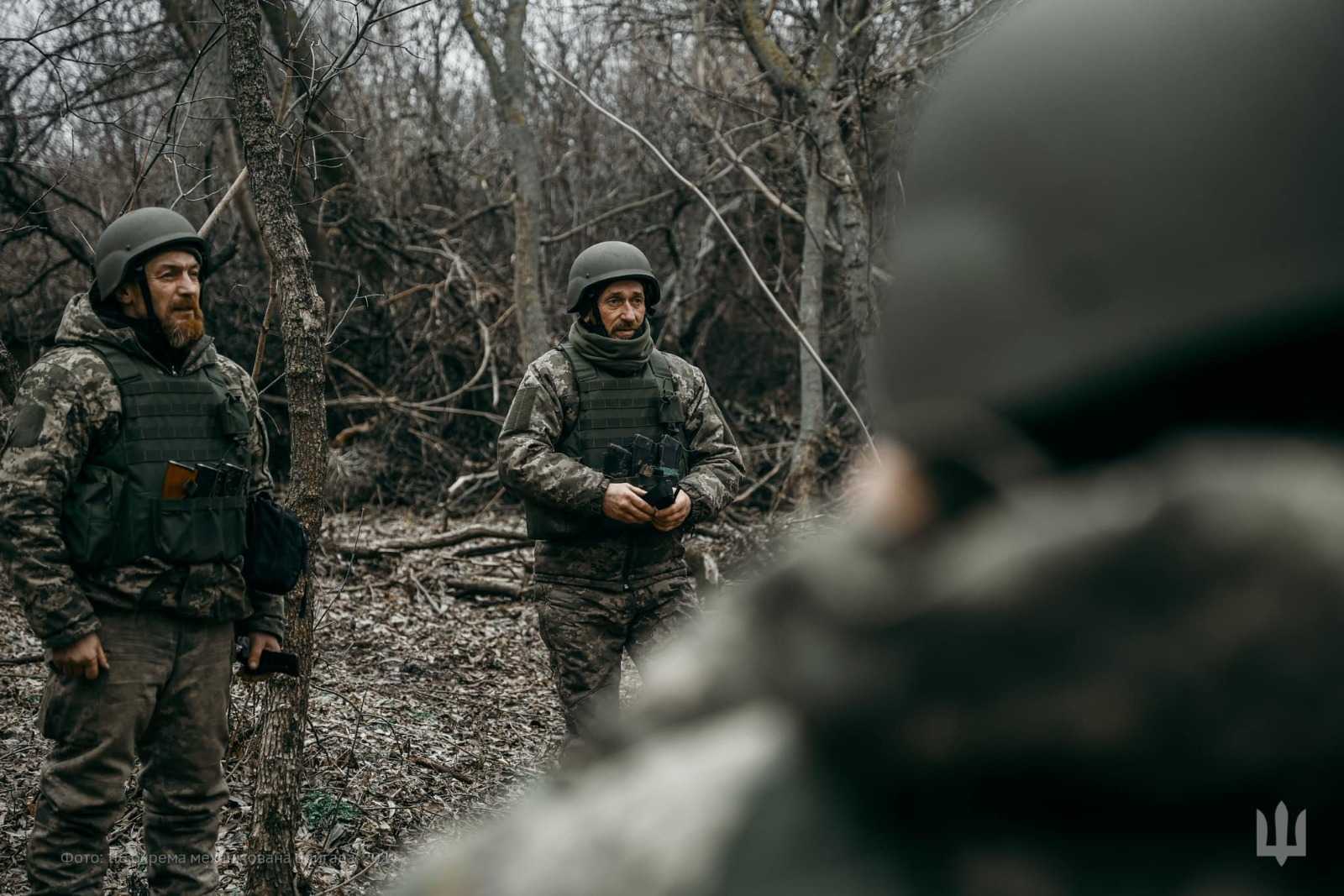Russia intends to test the unity of the West regarding NATO’s Article 5 on collective defense, Bruno Kahl, head of Germany’s Federal Intelligence Service, said in an interview with Deutsche Welle.
Kahl suggested that Russian authorities may attempt to undermine Western nations’ commitment to upholding this principle, according to dpa.
“We very much hope this is not true and that we will not be put in the difficult position of it being tested. However, we must assume that Russia wants to test us, to put the unity of the West to the test,” he stated.
He also noted that Russia’s timing of such a “test” depends on the course of the war in Ukraine.
If the war ends before 2029 or 2030, Russia could reallocate its technical, material, and human resources to pose a threat to Europe sooner than expected, he warned.
“An early end to the war in Ukraine would enable the Russians to direct their energy where they actually want it, namely against Europe,” Kahl said.
The German intelligence chief added that Russia envisions a future world order resembling Europe in the late 1990s, where NATO’s defensive presence is pushed back, and Russia’s sphere of influence expands westward—ideally without a US presence in Europe.
Related:
- German police detained suspected murderer of Ukrainian basketball player
- UK, Germany, France ready to send peacekeeping troops to Ukraine
- Russians execute unarmed, wounded Ukrainian POW on camera as international bodies struggle to respond
- Bavarian far-right AfD leader calls for immediate expulsion of Ukrainian refugees


